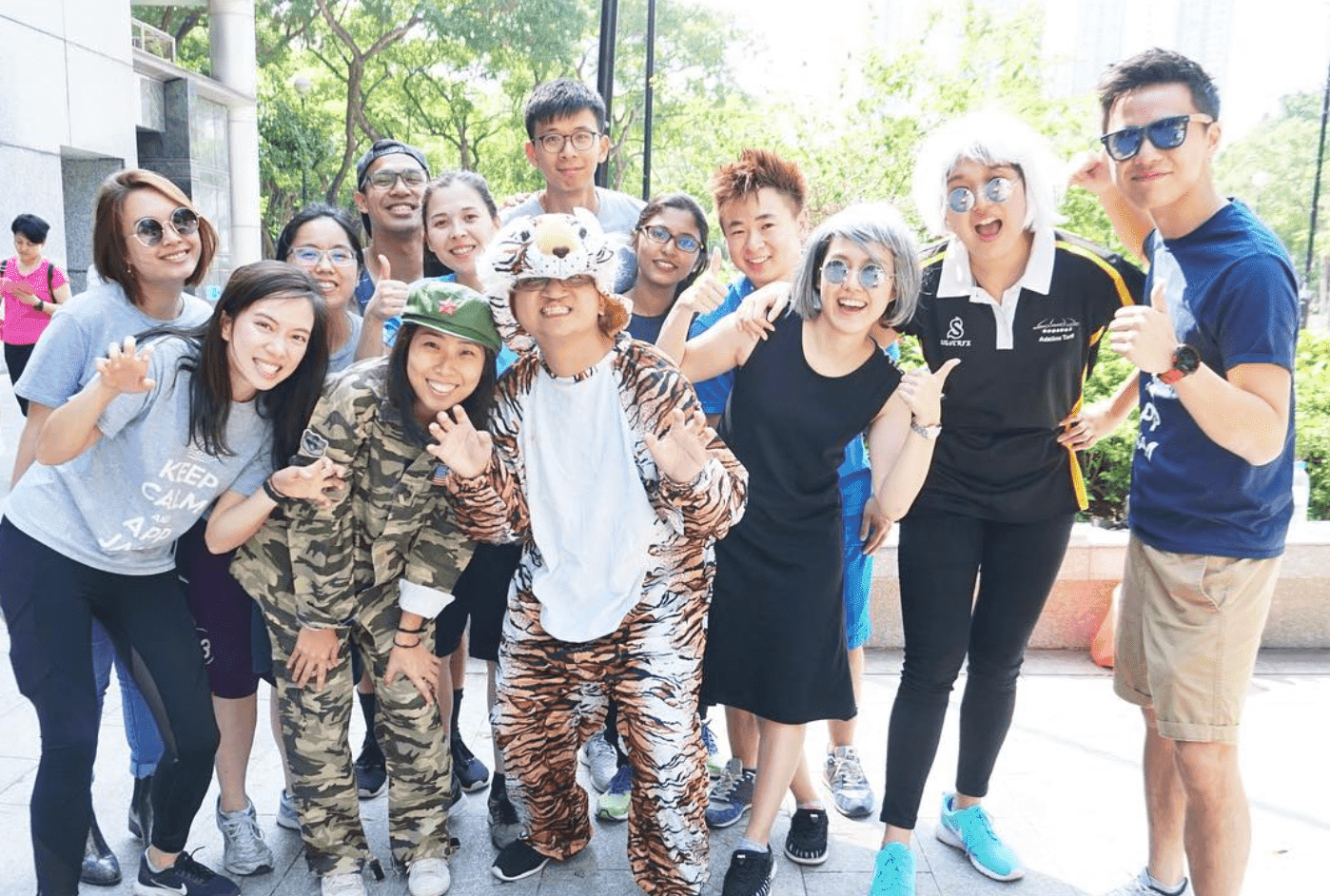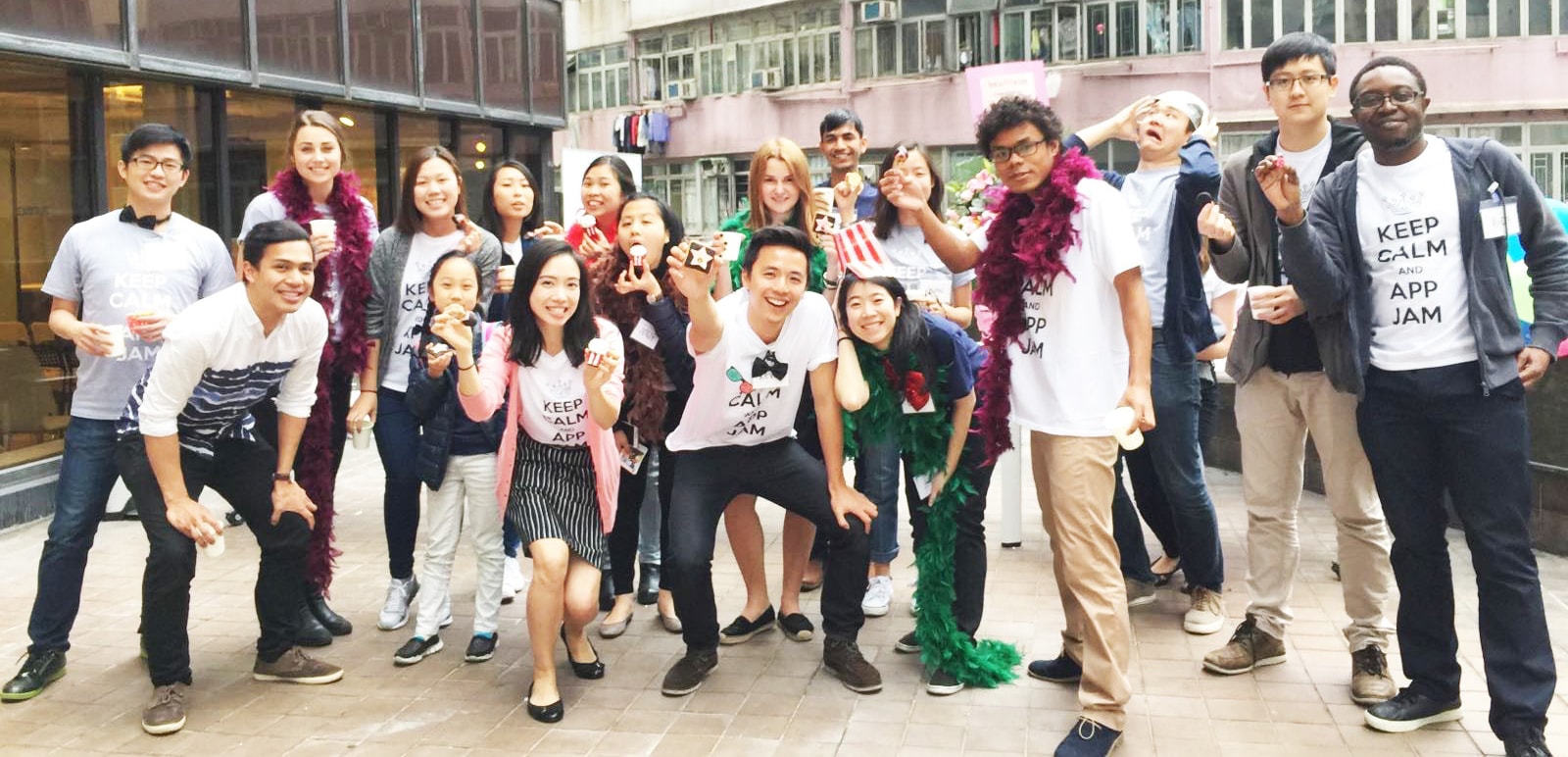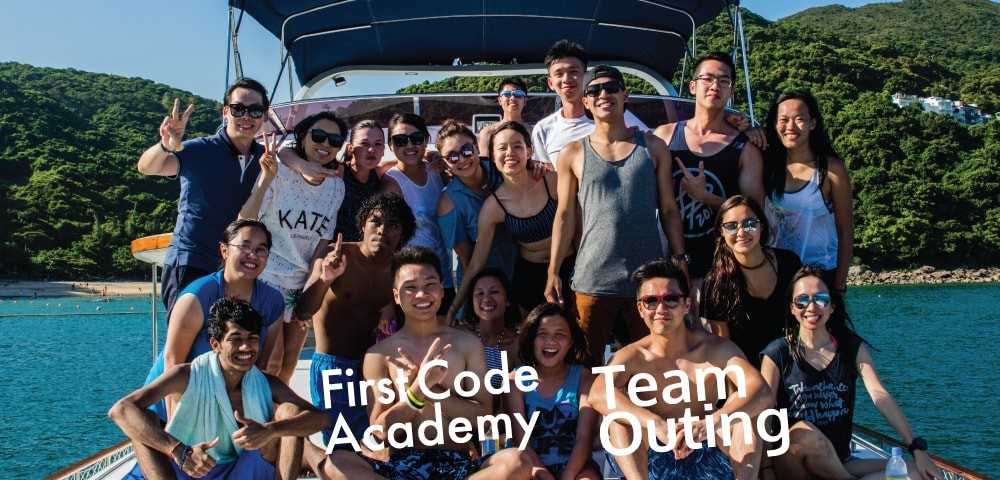Building First Code Academy's company culture

Ever since Michelle and I read Tony Hsieh's Delivering Happiness, we have been intrigued by the way Tony runs Zappos and how culture plays a major role in the building of the shoe empire.
Nowadays, a respectable company is not represented by its huge revenue or operating margin, a more convincing way of measuring is through its impact on the world and its employee's happiness.
In the book, Tony mentioned that there are only 3 key areas that are worth investing in when everything else could be copied easily, and the trio is a brand, culture, and pipeline.
With a huge admiration for building a well-defined company culture, I want to talk about how we define our culture at First Code Academy.
When I joined First Code in January 2015, it was the early period of the startup (one and a half years in). The campus looked like someone just rented an empty furnished space yesterday, the people have titles but no one was exactly sure what to work on, and there was certainly no sign of a strong culture.
Just like most startups, at that point in time, the style (I wouldn't say culture) of First Code was hugely defined by the personality of its founder, Michelle. It was about working hard, moving fast, experimenting with new ideas, and becoming close to our parents and students.
We focused most of our energy on making sure the startup was growing rapidly and we were achieving the goals that we set for ourselves.
What we neglected was the development of a place where people would wake up and be excited about it, would stay after working hours just because they genuinely want to, and would talk about it casually with anyone like it is her own business.
It was until late 2015 that Michelle and I started to think about what a company culture meant and really poured our hearts into shaping a culture at First Code.
We started reading a lot of books about this topic, Tony Hsieh's Delivering Happiness, Howard Schultz's Pour Your Heart Into It: How Starbucks Built a Company One Cup at a Time, and Phil Knight's Shoe Dog were the prints that really got a piece of our hearts.
We jotted down notes while reading them, and instantly they sparked interesting things we wanted to try at First Code.
We understood that culture couldn't be developed in a day or by one person, and evidently, it was not shaped solely by executing a few todos. It was going to take time and determination, and we had both.
The next step was to put them into action, finding out what culture and values our team possessed by digging into our memories.

It might be easier to list out 8-10 core values to First Code and then ask every team member to follow, but we chose to do it the other way around - we looked at what examples we could spot in the last few months and we started from there.
For example, First Code has been running in a super lean way, and we tend to move into new campus before it is ready. This was a great example of "Done is Better than Perfect".
We often host lunch and learn sessions for team members to share knowledge, be it time management or Photoshop. That's right, we have "a culture of learning"!
When I open my email inbox, I often see tons of emails with replies filled with "Thank you" to our team members for big and small achievements. We "show appreciation and gratitude towards each other on the team".
The list just kept on going until we had to stop and weigh which one was more important as a company. Eventually, with all the examples, we came down to 8 core values at First Code:
Done is better than perfect
Cultivate a culture of learning
Be resourceful and solution-oriented
Be humble
Show appreciation and gratitude
Create fun and a bit of spontaneity
Build a passionate and positive team and family spirit
Create impact through community service & social responsibility
These core values and the stories behind them became training materials for each new team member. We do not expect everyone to get it just because we talk about it once, as a matter of fact, the new member has to feel the culture and see examples in her own eyes.
From the day when we wrote down the 8 core values of the First Code, we have seen a tremendous increase in actions and behaviors that fit into our culture and values. The team became more efficient as team members started using these core values to make independent decisions.

Sometimes, though, when you're inside a bubble, it prevents you from seeing what is outside. Although we were excited and contented about how First Code's culture was shaping internally, there was one thing we weren't 100% sure of and we were curious to find out -
What would parents say about First Code's culture? What do they really think?
We reached out to a few parents with one simple question "What do you think of First Code Academy's culture?" The responses were overwhelming and we got a ton of encouragement we did not expect.
I would like to share one of the responses that made our hearts drop while reading it.
"The way that I have experienced First Code culture is by observing the way my daughter experiences it.
First Code is the smartest and most progressive amongst all her activities: art, language, sports on top of her normal international school curriculum. She is truly excited about coming to First Code and especially proud of what she is creating. This is not a "course" to her. It is an expression of herself and a most powerful one as she gains "control" of an environment that she creates. I'd love to be a child again so I could be part of it in that way.
As a professional admiring the same people you admire, I see your culture as fun empowering bold and unafraid; approachable collaborative warm yet cool and hip; transparent open forward-looking.
Inspired by the ones who made history by thinking further than current reality and inspiring because these heroes are "on the walls" and talking to all of us in your space all the time. As I can compare to P&G, Coca-Cola, COFCO, Swire or ____ that I have experienced, another major trait comes up: FRESH, spontaneous, authentic."
By a Parent of First Code Academy
I attribute this positive culture we have to all current and former team members, our parents, and our students.
With the energy, excitement, and curiosity from everyone, I believe we are creating a place that is filled with two important elements in life: learning and happiness.
So now, for anyone who is running a startup, instead of pulling your hair out to crank out that list of core values, follow the 4 steps:
Learn from other companies you admire and take note of their key culture and values
Be a leader and do it yourself; if you do it long enough, your team members will follow
Look around and spot examples among the team
Make a list of company core values, make them part of the required training materials, and continue to iterate on them
What is one example of your team that clearly defines your company culture? Drop me a note. Would like to hear it!